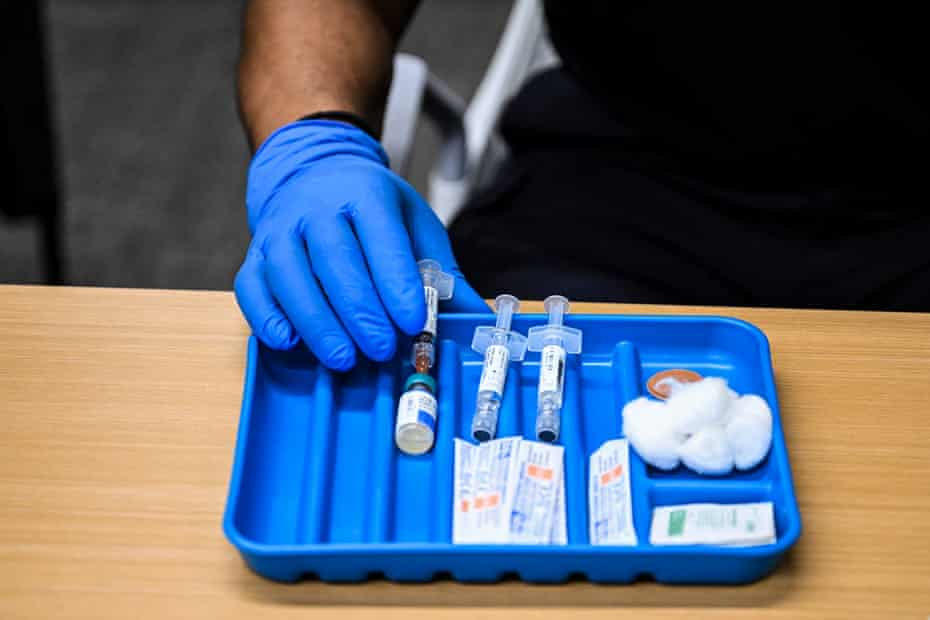South Korea is battling its worst measles outbreak in six years, as health authorities warn that global travel and declining vaccination coverage are fueling a regional resurgence of the highly infectious disease.
The Korea Disease Control and Prevention Agency (KDCA) confirmed 52 cases so far in 2025, surpassing last year’s total of 49. It marks the highest number of cases since 2019, when 194 infections were recorded, despite South Korea being declared “measles free” by the World Health Organization (WHO) in 2014.
Officials attribute the spike largely to overseas transmission. Of the 52 recent cases, 34 involved individuals arriving from abroad, most from Vietnam, according to the Yonhap news agency.
“The global increase in measles is likely to result in more imported cases,” a KDCA spokesperson stated. “However, the risk of rapid outbreaks remains low due to South Korea’s stable vaccination rates and strong monitoring systems.”
Despite the reassurance, the surge is part of a broader trend causing alarm across Southeast Asia and the United States. Vietnam has already reported around 40,000 suspected cases and five deaths in 2025 alone, prompting a nationwide push to accelerate vaccinations. In 2024, the country recorded 6,725 confirmed infections and 13 deaths, mostly among children and elderly people with underlying health conditions.
Thailand, too, has seen a dramatic increase, reporting 7,507 cases in 2024 compared to just 38 the year prior. Meanwhile, the U.S. is experiencing its worst measles outbreak in 25 years, with Texas emerging as a hotspot.
“We’re living in a post-herd immunity world,” one U.S. immunologist warned, highlighting the consequences of vaccine hesitancy and gaps in global coverage.
The WHO cautioned in March that Vietnam’s outbreak remains “very much ongoing,” with new clusters emerging even in previously unaffected regions. It warned of “significant immunity gaps” among children who are un or under-vaccinated.
Measles, often dismissed as a childhood illness, can lead to life-threatening complications such as pneumonia, brain inflammation (encephalitis), and death, particularly in vulnerable populations. According to infectious disease experts, the two-dose measles vaccine offers roughly 99% protection.
As global travel resumes post-pandemic and vaccination rates stagnate in some areas, experts warn that more countries, including Australia, could become fertile ground for measles outbreaks unless immunisation efforts are reinforced.
Health authorities are urging the public to ensure their vaccinations are up to date, particularly before international travel.



